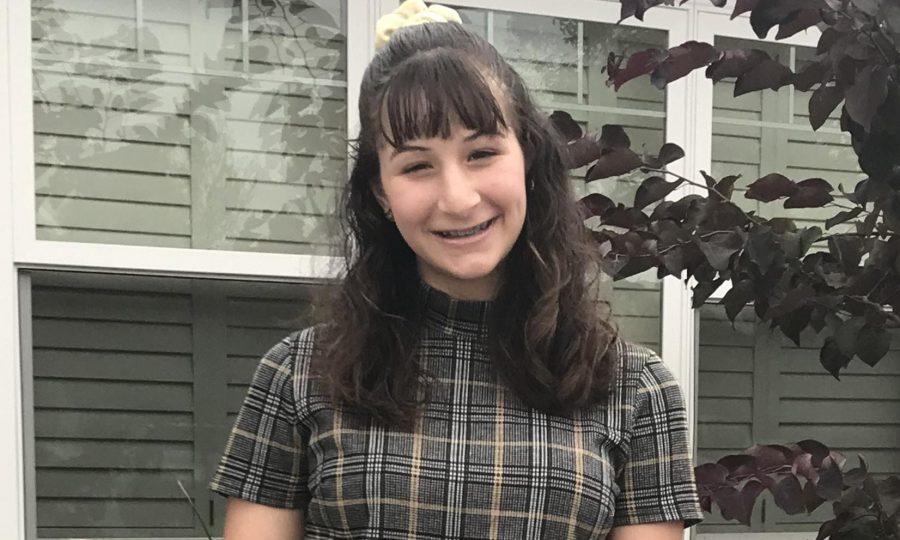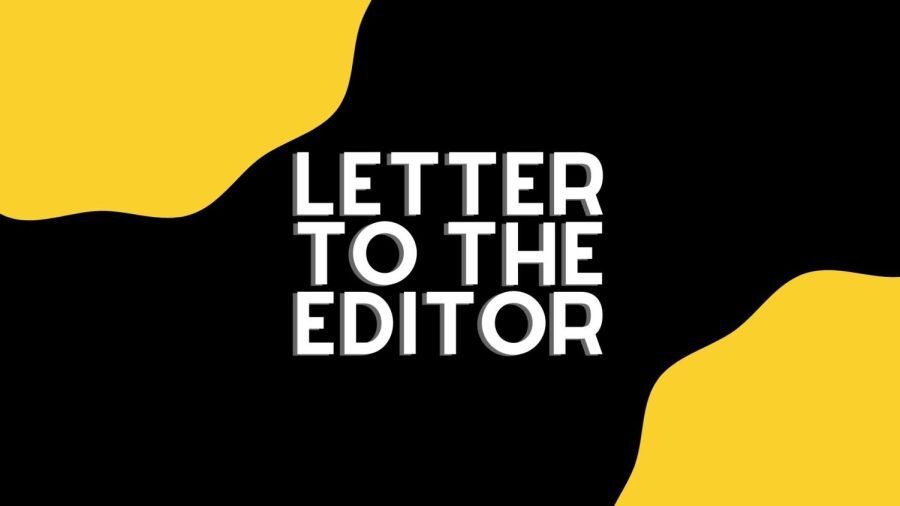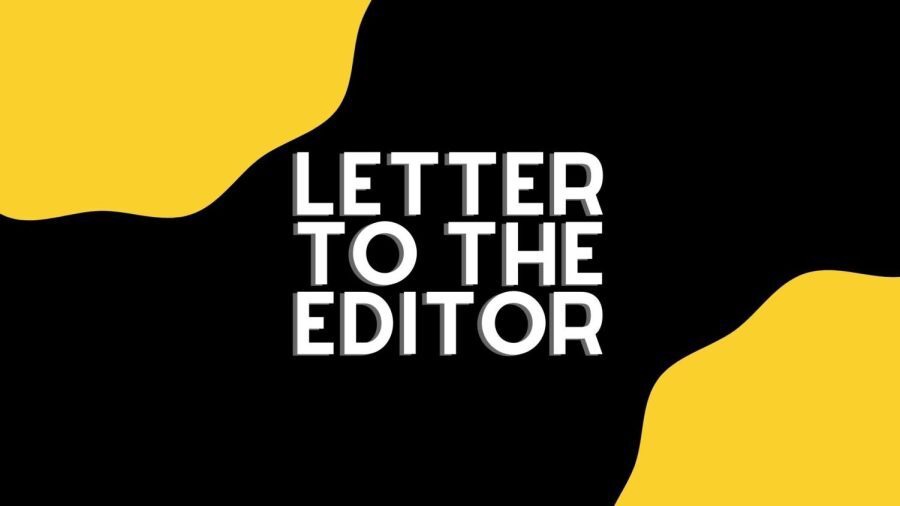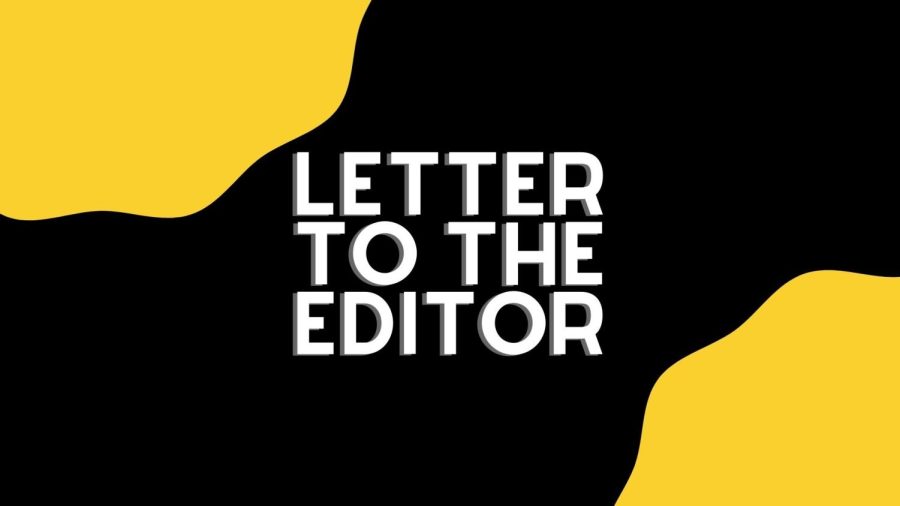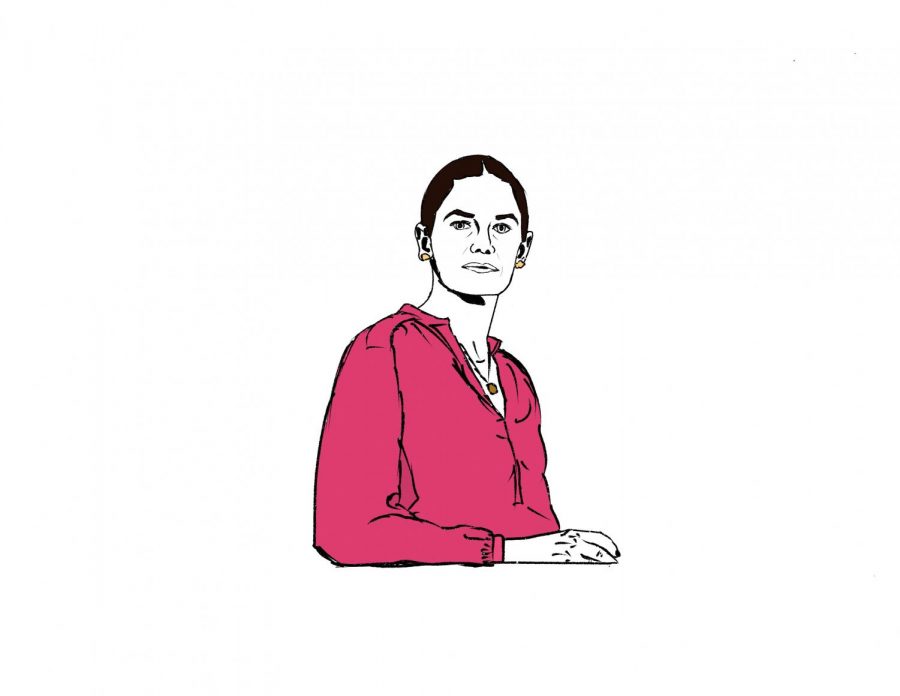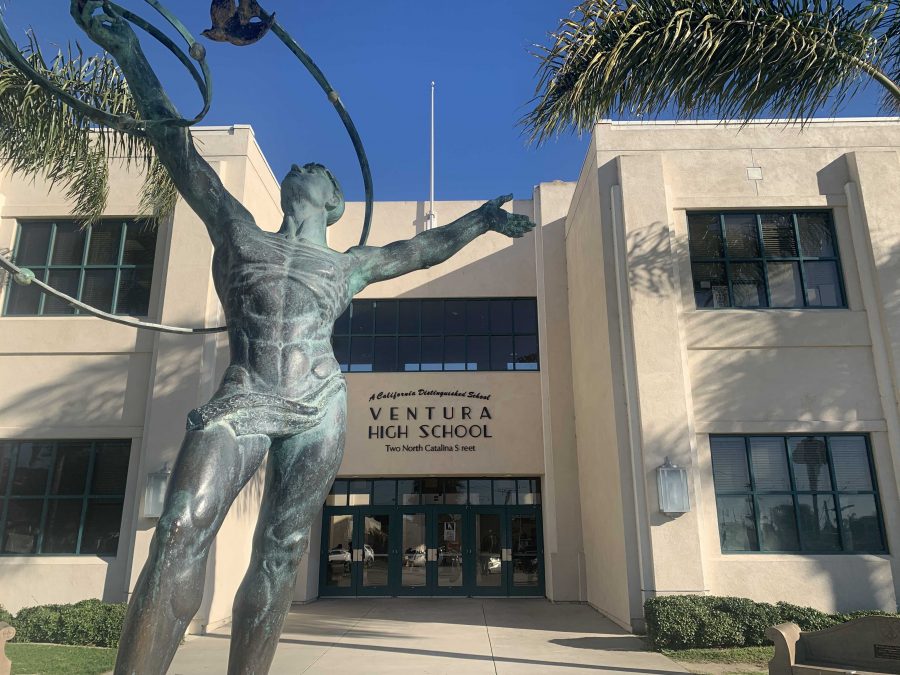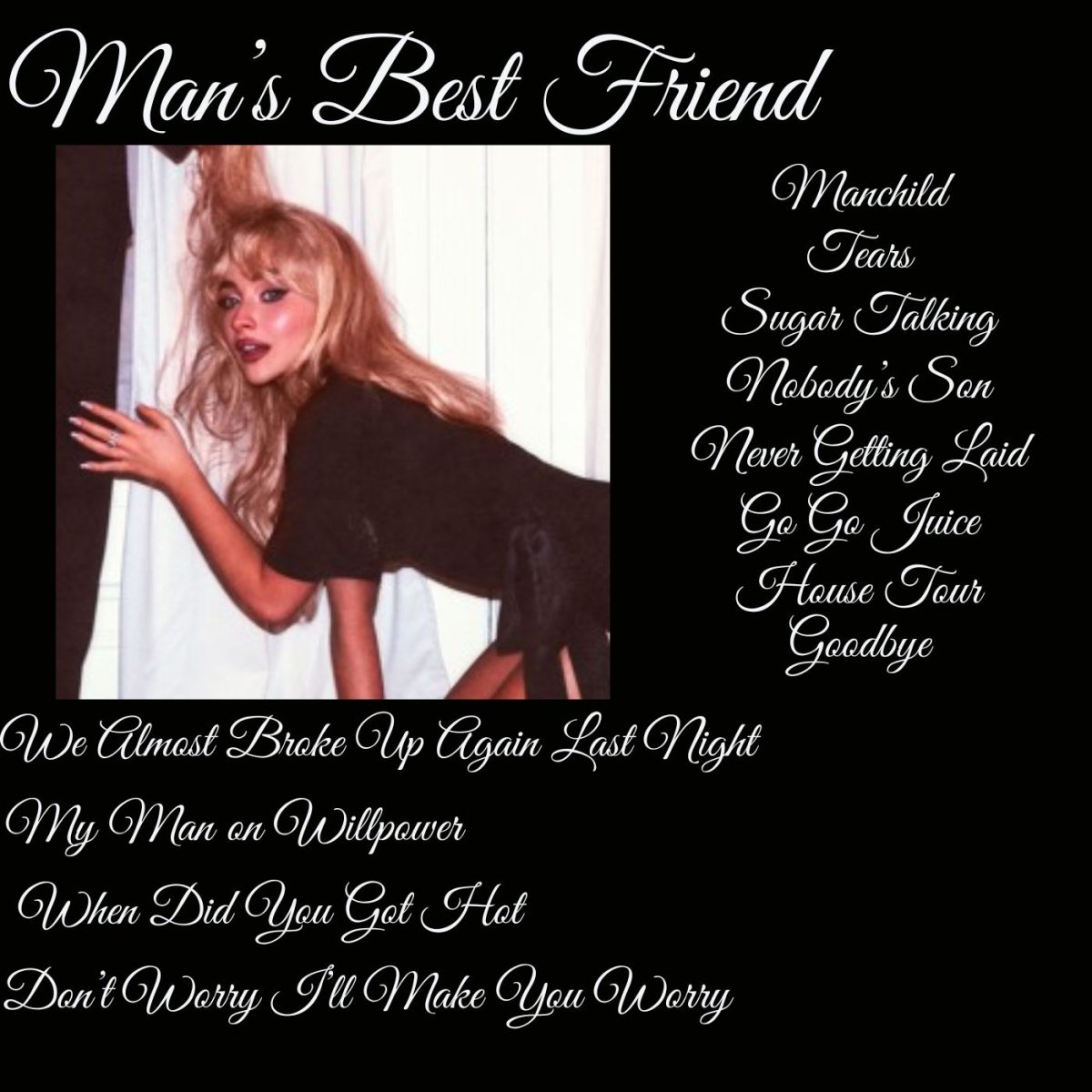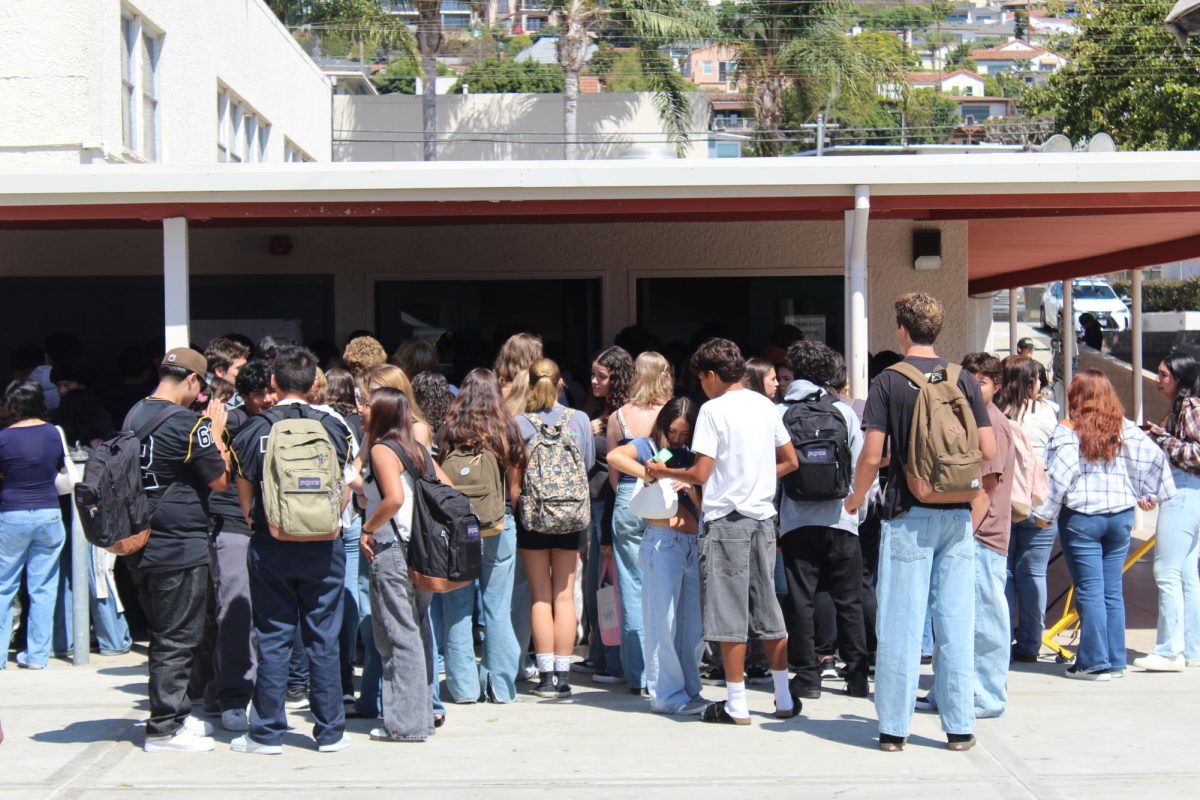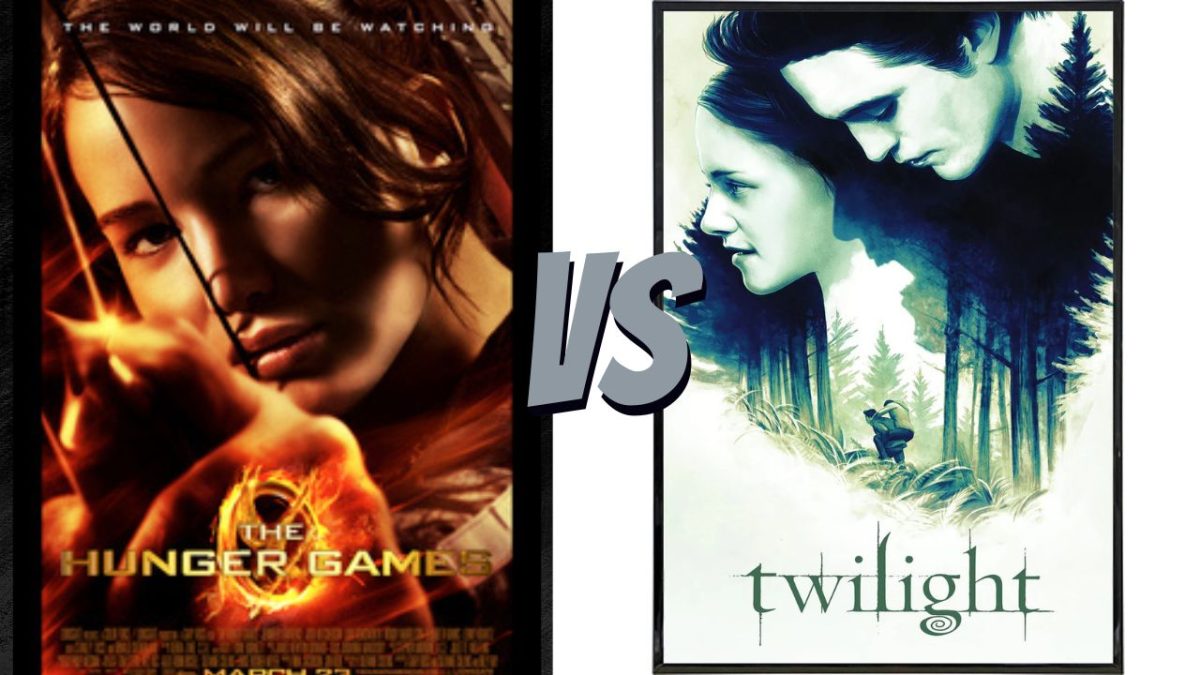Society uses movie theaters and other forms of entertainment to get away from life’s problems for an hour or two. We watch movies about superheroes and princesses in far off realities, different from our own.
As an avid theater goer, I am constantly waiting for the next Marvel movie to come out, or for some new Disney picture to be in theaters. When I saw the trailer for The Hate U Give, I saw a young black girl, struggling with the death of her friend. It looked interesting, just like any other movie.
I decided to take my family to see the movie, and I was just expecting to see yet another far off reality different from my own. I could not have been more wrong.
The Hate U Give is about a black teenage girl, Starr Carter, who lives in an African American neighborhood ridden with crime, called Garden Heights. But her parents want something better for her, so they send her to an all white private school in a nearby suburb.
In the course of living her two realities, her childhood friend from her neighborhood, also black, is shot by a white police officer after being pulled over for a routine traffic stop. Starr finds it increasingly difficult to keep up the act of juggling two lives as the investigation of the shooting progresses.
This film provides tremendous insight for me, a white teenage girl, into the extreme differences between the lives of black Americans versus white Americans. In mainstream America, the media minimizes how black people really are treated by authorities, especially law enforcement. But The Hate U Give highlights reality, which is that blacks are treated differently than whites.
The Hate U Give is classified as a drama, crime, and thriller film. However, more appropriately it is a serious, suspenseful drama characterized by many agonizing moments, which are often hard to watch because the truth hurts. This movie is not some far off reality. It is the world right outside of our movie theaters, right outside of our schools.
The story that this movie tells is replayed over and over again across our country. April Ofrah, an attorney in The Hate U Give, powerfully stated, “It’s the same story just a different name.” For example, in 2014 this same story played out in Ferguson, Missouri after the shooting death of Michael Brown, an 18-year-old African American man, also by a white police officer.
This tragedy led to extreme anger across the Ferguson community and the community protested, both peacefully and violently, for over a week. The protesters in Missouri used the slogan “Hands up, don’t shoot,”the same slogan that is featured in a protest in The Hate U Give. One person died in the Ferguson unrest.
Despite similar roots as civil rights protests, black protests are often immediately labeled as “aggressive” and “dangerous,” when protests like March For our Lives, made up mostly of white people, are considered “empowering” and “good for society.”
This issue of discrimination is not something new that we are just seeing in the 21st century. Black Americans have been fighting discrimination for decades, long before the Civil Rights movement in the 60s, often due to whites’ perceptions of blacks. As April Ofrah, attorney in The Hate U Give, said “…when our blackness is the weapon that they fear.”
I chose to see this movie twice because I was so moved by the real story that it reflects. As a white teenage girl, I see this story from a different perspective, because I can’t even pretend to understand what the character of Starr, and everyone that she is representing, is going through.
The Hate U Give shows the real story of how law enforcement treats different people, solely based off of their skin tone. While we enjoy black culture, like hip hop music and dancing and march in protest for the rights of black Americans, we have yet to understand the experience of being a black American in 21st century America. As Starr Carter put it, “You act black but you keep your white privilege.” We can do better. We can start by seeing The Hate U Give.



